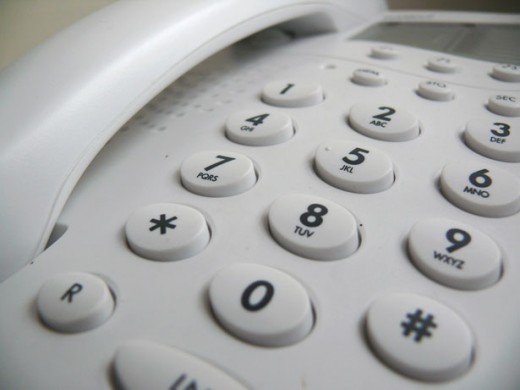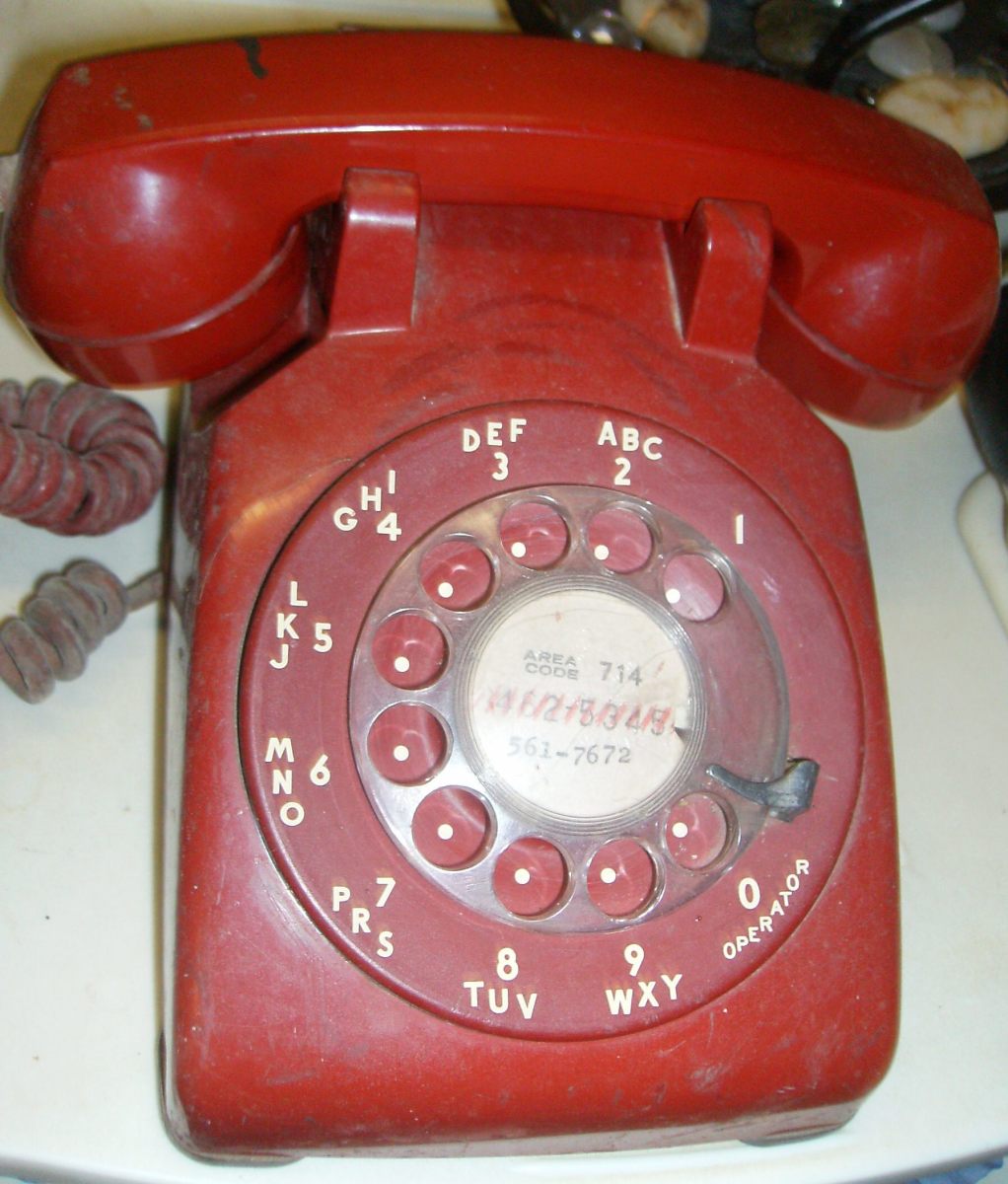What Is My FCC Charge For Network Access: The Phone Company’s Dirty Little Secret That Increases Your Telephone Bill

Let me start off by stating that I have been in the telecommunications industry for well over 10 years. With that being said, I have seen it all, and heard it all from business customers, residential customers, even wireless customers. My career has been varied but stable, so I have the luxury of seeing things from multiple angles.
So what is that FCC charge for network access? I don’t even have Internet! I have also seen this hidden on bills as a “Federal Line Charge”, “Customer Line Charge” or even an “FCC Approved Fee”. Well it actually depends on who you ask and who your phone provider is. If you have one of the big phone companies (you know who they are) and you ask them what that charge is for, I’ll bet you a $10 bill that they will easily deflect the question with a statement “It’s an FCC tax that we pass on to the government.” As a matter of fact, employees are actually trained to say this. (I know, I did some of the actual training!) WRONG! In fact, a quick search on the FCC.gov website will actually confirm that this money does not go to the federal government.
So where does this mystery charge that is anywhere from $5.50 to $8.95 per line go to? Simple, it goes directly to your actual phone company. That’s right, your mega huge phone company is actually charging you a cost for service, and a cost for the lines in the ground. This all goes back to the days when phone service wasn’t really all that profitable. Especially when it comes to your local service. Let’s face it, when you make a call from a landline, the phone signal is traveling a massive network of copper wires, through terminals, up telephone poles, and then gets handed off to another telephone switch to terminate the call in reverse. It’s expensive to hire people, buy materials, and setup all that equipment and technology.
Now here is something that they don’t want you to know… Many locations have had the same telephone lines and equipment buried in the ground for over 30 years! That’s right, in some areas, the phone company hasn’t buried a copper wire in the ground for decades! Sure they maintain equipment and repair things when they break, but think about it… They are charging you this fee for THEIR phone network. Odds the telephone network in your area has been paid off for years, yet they still collect that fee. It doesn’t seem fair does it? If you’re a business, not only do you get socked with multiple FCC line charges, you generally pay more for each additional line!
Now what about those “Alternative Providers”? Some still charge that fee, others drop it all together, and simply charge a realistic charge for the actual line and service itself. I personally think this is a more realistic and honest way to do business.. But what do I know; I have only been in the business for over 10 years!
So what can you do as a consumer? Well unfortunately not much. If you call the phone company they won’t remove the charge, even if you point them to the FCC website and make them look at the information. Congratulations, you just waited over an hour to talk to a live human, only to be hung up on.. You do have some recourse though… Many cable providers do not have this FCC charge for network access. There are always positives and negatives when it comes to changing phone providers, but there are a few quality companies that tend to be a bit more honest with their clients. Another way to actually combat this charge is to switch to a VoIP provider such as Packet8 or Vonage. Heck, you can even use Skype as an alternative now adays!
With so much recent turmoil in politics and around the world, I personally think it is up to the community as a whole to combat this. Feel free to actually write your local phone company and express your feelings on how they are fleecing their last remaining customer base. You can also write your representatives and congressmen.. You may also choose to write your local state public service commission or public Utilities commission (depending on where you live), who actually regulate each of the phone providers on a state by state basis. Either way, if you decide to go the “political” route, you’ll probably get a call from the local friendly neighborhood phone company’s “Executive Appeals” department, which isn’t a bad thing!
Sources & Information
- VoIP Business Phone Service | 8x8, Inc.
8x8, Inc. offers VoIP business phone service to small and medium sized business. - Vonage VoIP Phone Service: Home, Business, International & Local Calls
Vonage offers international, local, home & business calling with no contracts. Get free shipping with all VoIP phone service plans when you order now. - Federal Communications Commission (FCC) Home Page
The Federal Communications Commission (FCC) is an independent US government agency, directly responsible to Congress, and regulates interstate and international communications by radio, television, wire, satellite and cable. FCC website resources inc - Charge For Network Access (Subscriber Line Charge)
Federal Communications Commission






